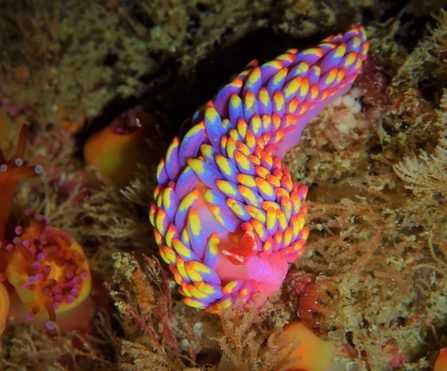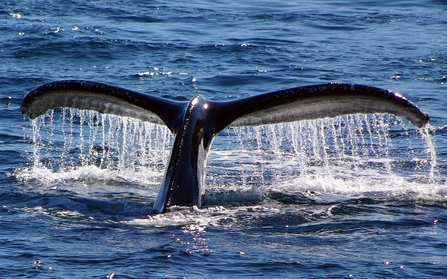Running from Saturday 29th July until Sunday 6th August, the events around Cornwall’s shoreline aim to help people enjoy Cornwall’s marine wildlife and gain an ‘up close and personal’ experience of the lesser-known creatures and plants found in our seas.
Through rockpool rambles, seagrass snorkels, cliff-top dolphin watches and more, the wildlife charity hope to inspire a new generation of marine conservationists and volunteers.
Cornwall is home to some of the richest marine wildlife, from tiny rare colourful corals to giant basking sharks. Our marine environment is also under huge pressure from damaging fishing practices, development at sea and pollution from farming, sewage and plastic.


